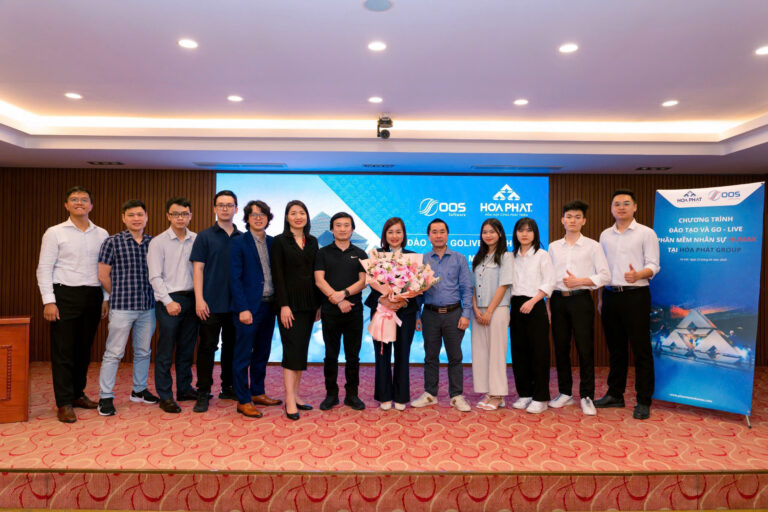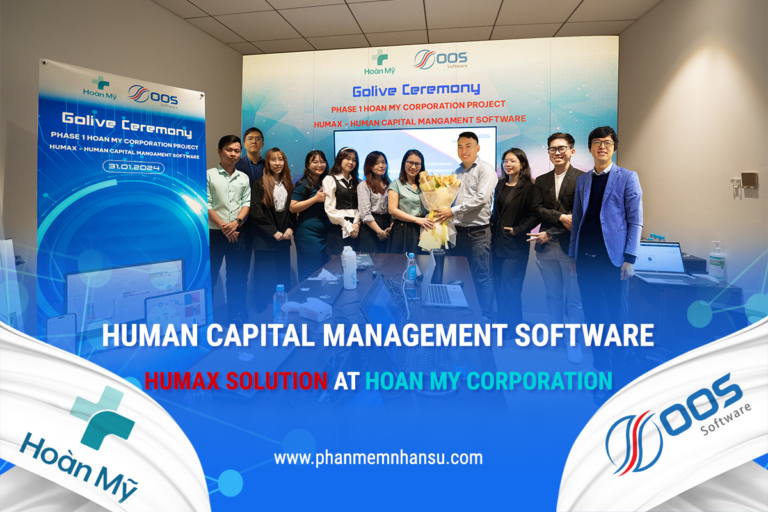While manufacturing operations may not be as complex as other businesses, their management is directly related to the production of actual items combined with costly materials and labor. . When production management is not effective, it can lead to poor quality, defects and safety issues in the product. Poor production management not only affects profitability, but can also affect the survival of the company.
Supply Chain
Supply chain management of a manufacturing business affects costs and product quality. Rising fuel costs have made transportation more expensive and labor costs highly volatile, especially in overseas locations. Manufacturing management needs to evaluate different supply chain configurations, prioritizing local distribution centers where it is more cost-effective. Rapidly changing conditions require production managers to be able to adapt quickly and make critical adjustments, such as centralizing production when producing in high volumes more efficiently and moving production closer to the market where smaller operations offer a cost advantage.
Competitive strategy
Although the company's marketers decide the competitive strategy, the production managers need to support the strategy with the right products. If the company is competing on price, production must focus on reducing costs and be able to implement lean production methods. If the strategy is to provide niche markets, the business needs to produce products with unique characteristics that appeal to target market segments. Production management must align with the implications of your company's marketing strategy for manufacturing operations and implement corresponding policies and procedures.
Technology
The key to manufacturing excellence is adopting cutting-edge technology as it helps to achieve specific company goals. Production managers often have to make engineering decisions to deal with complex production systems. While they may rely on technical teams for in-depth knowledge, engineering-oriented production managers make more effective decisions in such environments. In addition to acquiring the right technical knowledge, production managers must ensure their technical staff have the necessary training to evaluate and manage the technology under consideration to perform.
Organization
Different types of production are most effectively implemented in different organizational frameworks. Even if the type of production doesn't change, a business may want to change its production organization if your workers change or if you have to adapt to new market demands. Another way to be flexible is to form temporary teams whose members change to respond to different situations. Enterprises can consider production activities as projects; and organize teams that use the best skilled people to get the job done. Even if you retain more traditional organizational structures, your production manager must constantly find ways to tweak the organization to improve performance.
Transforming with the 4.0 era, the application of production management software in manufacturing enterprises helps managers increase labor productivity, save time, thereby increasing the efficiency of the whole enterprise and developing. strong. Not only helps businesses automate many previous manual processes, production management software almost completely eliminates previous human errors caused by having to manage a very large volume of labor resources. , raw materials in many different locations. Quickly applying production management software early in the production process will bring enormous competitive advantages to enterprises, helping them to develop strongly and sustainably in the future.
According to tamnhin.net























